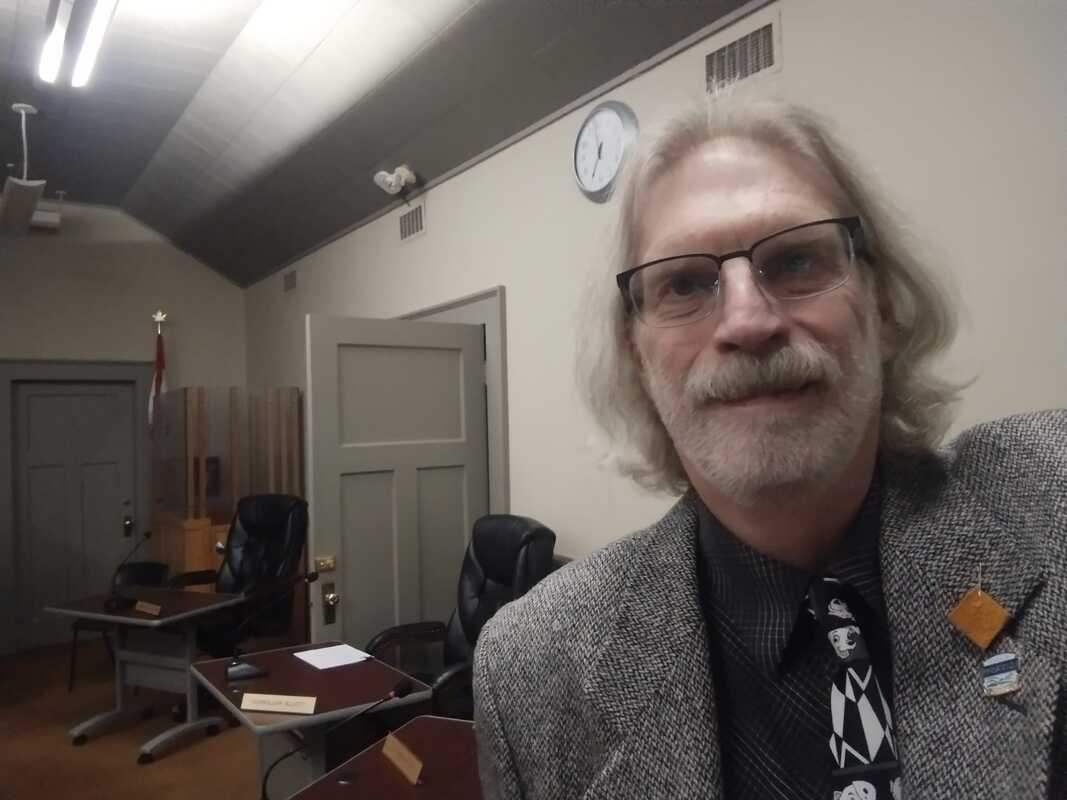|
The math says so. The success rate of incumbents in Canadian municipal elections is higher than that in any other democratic country. The percentage is also greater than that in both provincial and federal elections. This is according to University of Calgary associate professor Jack Lucas who is part of UC’s department of political science.
“It’s often the case that above 80 percent - and sometimes above 90 percent - of the incumbents who choose to seek re-election in Canadian cities are successfully elected to office,” Lucas says. He adds, “There's an enormous success rate.” There Are A Few Reasons Why This Happens Lucas claims that re-election success comes from a few factors. They include:
Let’s dig a bit deeper into these reasons. Name recognition makes sense as residents become used to hearing that Councillor George Elliott did this or said that. The name sticks in their minds over the four-year term and they remember it when they see it on a ballot. As for the prizefighter hypothesis, Lucas says that essentially, this is the same thing as a good, strong football team that keeps winning games. Some candidates just have those qualities that resonate with voters. Maybe they are approachable. Maybe they are more visible. Whatever it is that voters take a shine to will impact that candidate's success rate. The office holder benefit is when someone is already in office, they are perceived to have an advantage. Lucas explains it this way: “Voters assume, for example, ‘Well, this person has won in the past and so they must not be that bad. So I’ll give them the benefit of the doubt and vote for them again.'” The last point, incumbent satisfaction, is self-explanatory. If you are happy with the job the incumbents have done to this point, then why change things, right? That is incumbent satisfaction. There Are Ways To Beat Incumbent Advantage Here’s the other side of the coin. There are two main ways that incumbency advantage can be broken. That is according to Lucas and Jim Nicol. Nicol is the city clerk for the City of Regina and was the returning officer for that city’s 2020 municipal election. Both say that online information and a party system in municipal elections can derail incumbency. Lucas says that the more information a challenger has online that is easy to access, the more likely voters will consider them as possible choices. Nicol nods to the concept of a party system for local elections similar to that used in Vancouver. Lucas agrees to say that voters may be able to track what candidates say easier if they belong to a slate of candidates. Voter Turnout Also A Key Lucas adds that more research is needed on this particular topic, but he firmly believes that the incumbency advantage can be impacted by voter turnout. It makes sense. If local voters figure they don’t need to cast ballots because they assume all the incumbents will win anyway, those voters who do go to the polls will have more say as only their votes will count. If the majority of these voters do not support the incumbents because they want change, then change is likely to happen. Princeton’s Election Cycle With all of this data, it still makes me shake my head that the 2018 Municipal Election saw not a single incumbent re-elected to Princeton Town Council. Granted, there were a lot of candidates running for the five seats (18 in total). In this election, all five incumbents are running with a total of three challengers (1 mayoral candidate, and 2 councillor candidates). On October 15, 2022, remember that your vote still counts. I’d be happy if you considered casting one for me. I’m George Elliott. I’m an incumbent seeking re-election to Town Council. -- Article Source: CBC News November 2020
0 Comments
Your comment will be posted after it is approved.
Leave a Reply. |
Details
AuthorMy name is George Elliott. I have been in the Media Industry since 1978. I spent 23 years in Broadcasting and worked in a total of six different radio stations located in southern British Columbia Canada during my career. In 2000 I switched gears and moved into the Print Media Industry at a small town, local weekly community newspaper. In 2004 I bought the paper and operated it with my wife, Brenda until July 2016 when we closed it. I launched a freelance web content and article writing business from my home in January 2014. Archives
October 2023
|

 RSS Feed
RSS Feed
